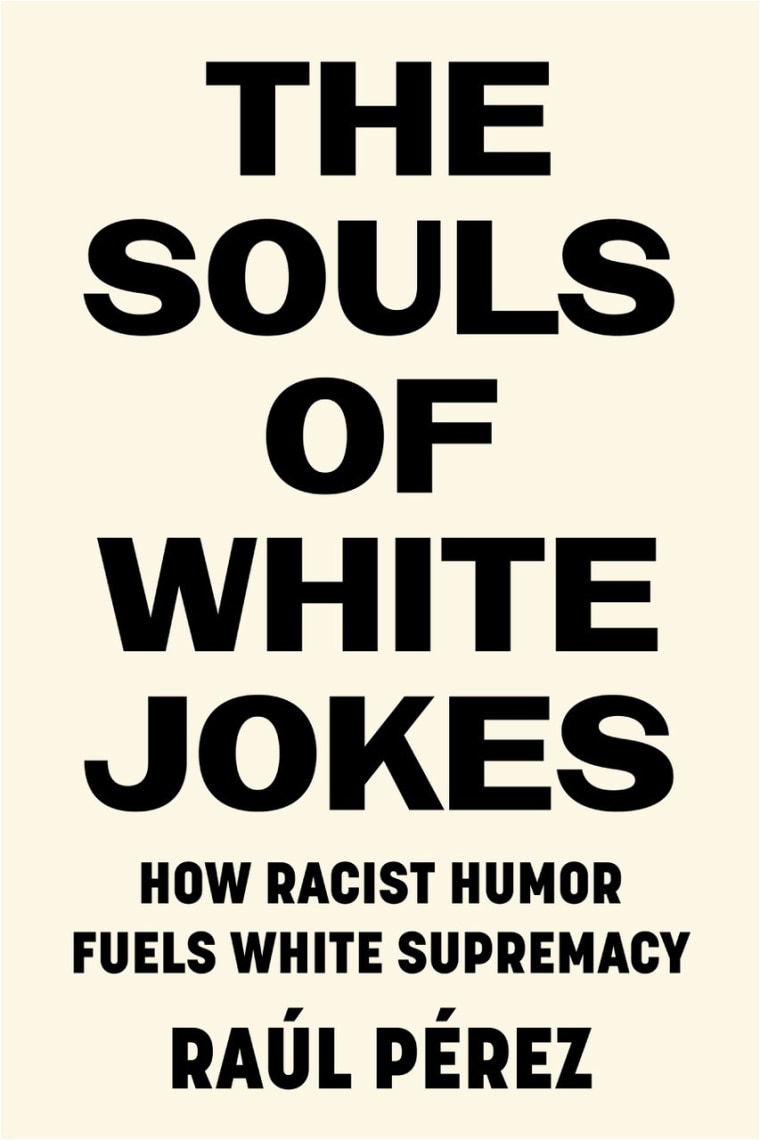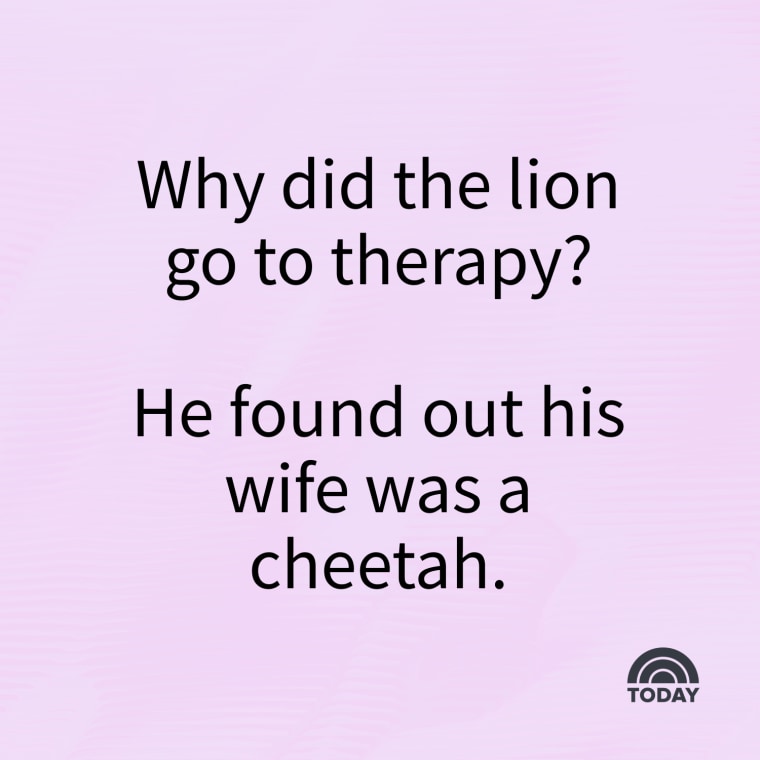Exploring The Complex World Of Dark Humor And Racist Jokes
Hey there, let me tell ya somethin’ real quick. If you've ever been in a room where someone cracked a joke about race or some dark topic, you know how awkward it can get. But guess what? Humor is this wild thing that can bring people together or tear them apart. And today, we’re diving headfirst into the fascinating yet complicated world of dark humor and racist jokes. Yeah, you read that right. Let’s talk about why people use these kinds of jokes, how they affect us, and whether they’re ever okay. So buckle up, because this ride’s gonna be intense.
Dark humor and racist jokes have been around forever, but they’ve also sparked endless debates. Some folks think it’s all in good fun, while others see it as harmful. The truth? It’s a bit of both. What we know for sure is that humor has power—power to heal, offend, unite, or divide. And understanding this stuff isn’t just important; it’s crucial if we want to navigate modern society without stepping on too many toes.
So, if you’re ready to explore why people lean into dark and sometimes offensive humor, stick around. We’ll break down the psychology behind it, touch on cultural differences, and even discuss whether these types of jokes have a place in our lives. Oh, and don’t worry—I’ll sprinkle in some stats, expert opinions, and real-life examples so you know this ain’t just me blabbing. Let’s do this!
Read also:Comprehensive Remoteiot Web Ssh Tutorial Your Ultimate Guide
What Exactly Is Dark Humor?
Dark humor refers to jokes or comedy that tackle heavy, sensitive, or taboo subjects like death, illness, war, and—you guessed it—racism. It’s like taking something super serious and turning it into something laughable. Now, why would anyone wanna do that? Well, it turns out there are actually psychological reasons behind it. People use dark humor as a coping mechanism, a way to deal with tough emotions, or even to challenge societal norms.
But here’s the kicker: not everyone finds dark humor funny. In fact, some people find it downright offensive. And that’s where things get tricky. What works for one person might completely bomb with another. So, while dark humor can create a sense of camaraderie among those who “get it,” it can also alienate others who don’t share the same perspective.
Why Do People Use Dark Humor?
There are several reasons why folks turn to dark humor. For starters, it’s a way to process trauma or difficult situations. Think about it—when someone jokes about their own struggles, they’re often trying to lighten the mood or make themselves feel better. It’s like saying, “Yeah, life’s rough, but hey, at least we can laugh about it.”
- To relieve stress and tension
- To connect with others who understand the struggle
- To challenge societal norms and provoke thought
- To distance themselves from painful emotions
Studies have shown that people who appreciate dark humor tend to score higher in intelligence and emotional stability. But here’s the thing: just because someone can handle dark humor doesn’t mean everyone else can. And that’s where the line gets blurry.
Understanding Racist Jokes
Racist jokes, on the other hand, are a whole different beast. These jokes often rely on stereotypes, prejudices, or derogatory language to get a laugh. And let’s be honest—they’re almost always problematic. While some people might argue that racist jokes are just “joking around,” the reality is that they can perpetuate harmful beliefs and reinforce systemic inequalities.
But why do people tell racist jokes? Sometimes, it’s out of ignorance. Other times, it’s a way to fit in with a certain group or assert dominance over others. Whatever the reason, the impact of these jokes can be devastating. They can hurt individuals, damage relationships, and even contribute to a culture of discrimination.
Read also:How To Remotely Access Raspberry Pi A Comprehensive Remoteiot Tutorial
Are Racist Jokes Ever Okay?
This is the million-dollar question, right? Can racist jokes ever be justified? Some comedians argue that they can, as long as the intent is to challenge racism rather than reinforce it. Think about satirical comedy shows or stand-up routines that use humor to highlight the absurdity of racism. In these cases, the jokes might sting, but they’re meant to make people think critically about the issue.
However, most experts agree that racist jokes are rarely, if ever, okay. They can easily backfire, causing more harm than good. Plus, there’s always the risk of misinterpretation. What one person sees as a clever critique, another might see as pure disrespect.
The Psychology Behind Dark and Racist Humor
Let’s dive a little deeper into the psychology of all this. Why do some people find dark humor hilarious while others cringe? And why do racist jokes still exist in 2023? It all comes down to individual differences in personality, upbringing, and cultural background.
Research suggests that people who enjoy dark humor tend to have higher levels of cognitive ability and lower levels of aggression. They’re also more likely to view the world through a lens of absurdity, seeing humor in even the darkest situations. On the flip side, people who dislike dark humor often prioritize empathy and social harmony, making them less likely to find joy in someone else’s pain.
How Culture Influences Our Sense of Humor
Culture plays a huge role in shaping our sense of humor. In some cultures, dark humor is seen as a sign of resilience and strength. In others, it’s viewed as inappropriate or disrespectful. Similarly, racist jokes may be more acceptable in certain social circles, but completely off-limits in others.
Take, for example, countries with a history of political oppression. People in these regions might use dark humor as a way to cope with their circumstances. Meanwhile, in more progressive societies, dark humor might be seen as unnecessary or even harmful. It all depends on the context and the values of the community.
Impact on Society
Now, let’s talk about the bigger picture. How do dark humor and racist jokes affect society as a whole? On the positive side, dark humor can bring people together by creating a shared understanding of difficult topics. It can also challenge outdated beliefs and spark important conversations. But on the negative side, it can also reinforce harmful stereotypes and alienate marginalized groups.
Racist jokes, in particular, can have lasting effects on individuals and communities. They can perpetuate discrimination, create divisions, and make people feel unsafe or unwelcome. And while some might argue that “it’s just a joke,” the truth is that words have power. They shape our perceptions, influence our actions, and ultimately define the kind of world we live in.
Can Dark Humor Promote Healing?
In some cases, yes. Dark humor can be a powerful tool for healing, especially when used in the right context. For example, cancer survivors often use humor to cope with their diagnosis. By laughing at their own struggles, they’re able to reclaim power over their situation and reduce feelings of helplessness.
But here’s the catch: dark humor only works when everyone involved is on the same page. If one person finds the joke offensive, it can do more harm than good. That’s why it’s important to approach dark humor with sensitivity and awareness.
Examples of Dark Humor in Pop Culture
Pop culture is full of examples of dark humor. From movies to TV shows to stand-up comedy routines, creators have been pushing boundaries and testing limits for decades. Some of the most famous examples include:
- Monty Python’s “The Holy Grail”
- “Dr. Strangelove” by Stanley Kubrick
- “Black Mirror” on Netflix
- Comedians like George Carlin and Richard Pryor
These works often use dark humor to comment on serious issues like war, politics, and inequality. While they might not be for everyone, they’ve certainly left a lasting impact on the world of entertainment.
When Does Dark Humor Cross the Line?
There’s no hard and fast rule about when dark humor crosses the line. It all depends on the audience, the context, and the intent behind the joke. That said, there are a few red flags to watch out for:
- When the joke targets vulnerable groups or perpetuates harmful stereotypes
- When the joke lacks any real purpose or message
- When the joke causes genuine harm or distress to others
If you’re ever unsure whether a joke is appropriate, err on the side of caution. It’s better to avoid offending someone than to risk damaging a relationship or creating unnecessary conflict.
How to Navigate Dark Humor and Racist Jokes
So, how do you navigate the world of dark humor and racist jokes? First, it’s important to be aware of your own biases and assumptions. Ask yourself why you find certain jokes funny and whether they might offend others. Next, consider the context. Is this a safe space where everyone feels comfortable sharing their thoughts? Finally, be willing to listen and learn. If someone tells you a joke isn’t okay, take their feedback seriously.
At the end of the day, humor is a powerful tool, but it’s one that should be used responsibly. By being mindful of our words and actions, we can create a world where laughter brings people together instead of driving them apart.
Final Thoughts
Exploring the complex world of dark humor and racist jokes isn’t easy, but it’s necessary if we want to understand ourselves and each other better. While these types of humor can be controversial, they also offer valuable insights into human nature and society. So, the next time you hear a dark or offensive joke, take a moment to reflect on why it was said and how it makes you feel. You might just learn something new about yourself in the process.
Conclusion
To sum it up, dark humor and racist jokes are part of a larger conversation about comedy, culture, and human connection. While they can be powerful tools for healing and social commentary, they can also cause harm if used irresponsibly. By understanding the psychology behind these types of humor and being mindful of their impact, we can create a more inclusive and empathetic world.
So, what’s your take on dark humor and racist jokes? Do you think they have a place in modern society, or should they be avoided altogether? Let me know in the comments below, and don’t forget to share this article with your friends. Together, we can keep the conversation going and make the world a little brighter—one joke at a time.
Table of Contents
- What Exactly Is Dark Humor?
- Why Do People Use Dark Humor?
- Understanding Racist Jokes
- The Psychology Behind Dark and Racist Humor
- Impact on Society
- Examples of Dark Humor in Pop Culture
- How to Navigate Dark Humor and Racist Jokes
- Conclusion


